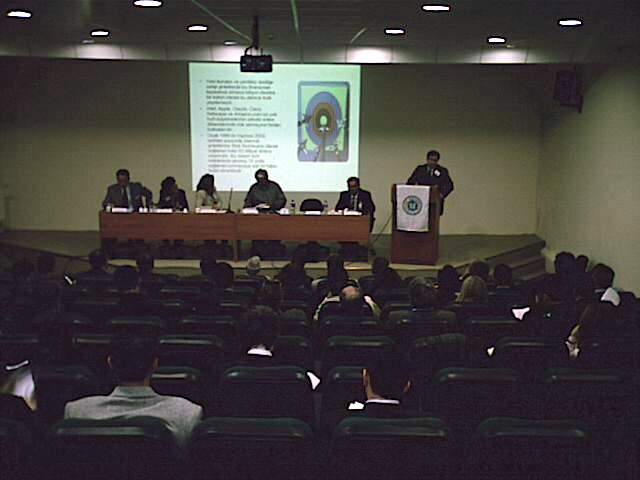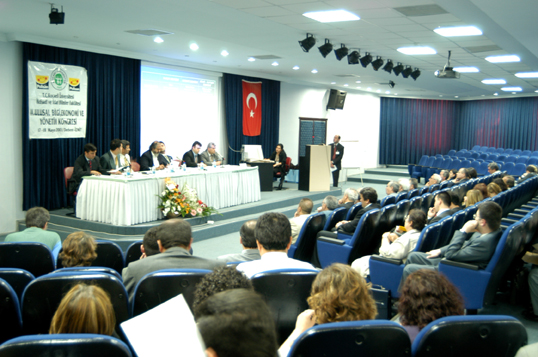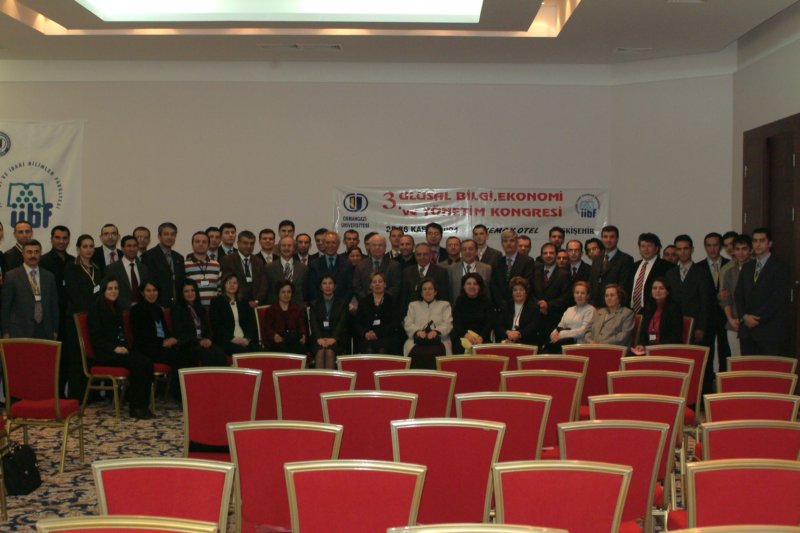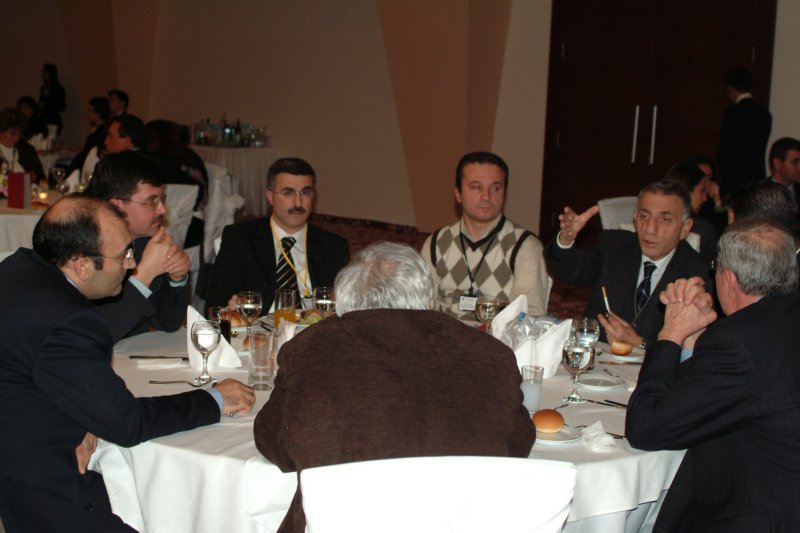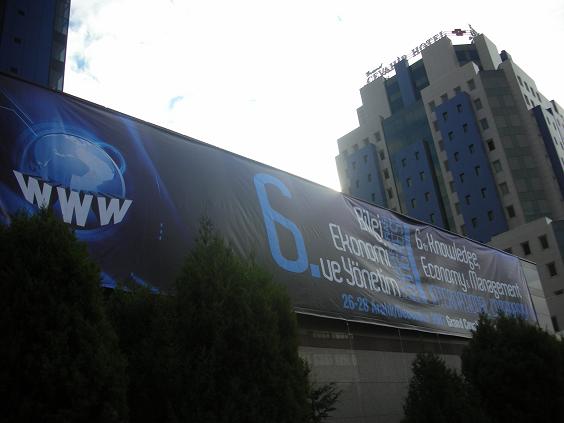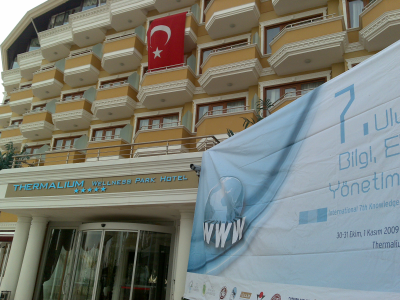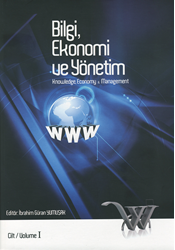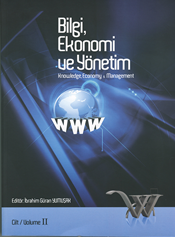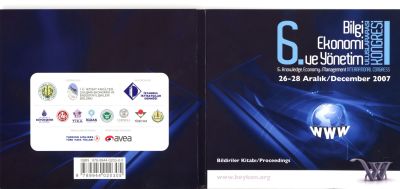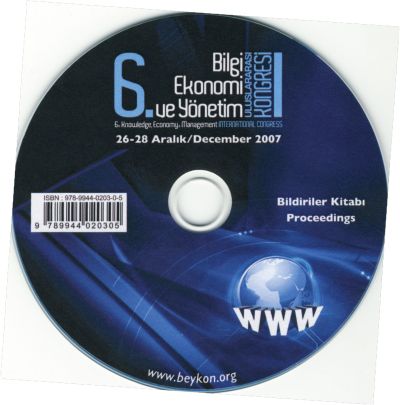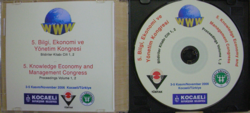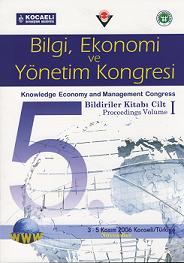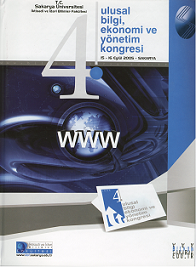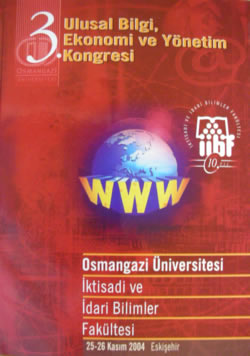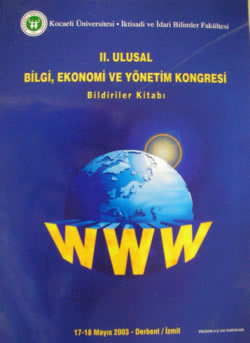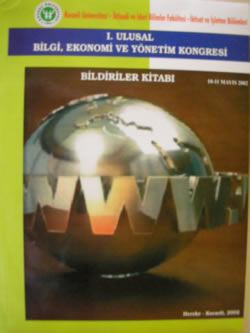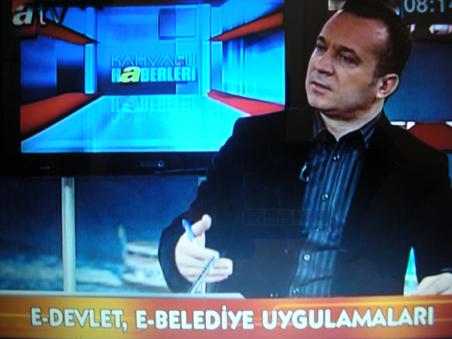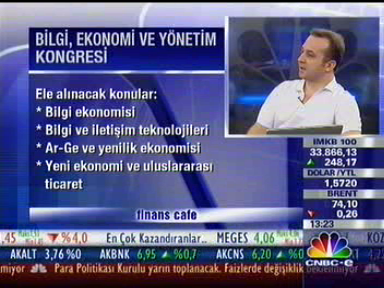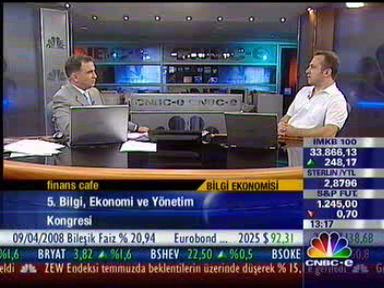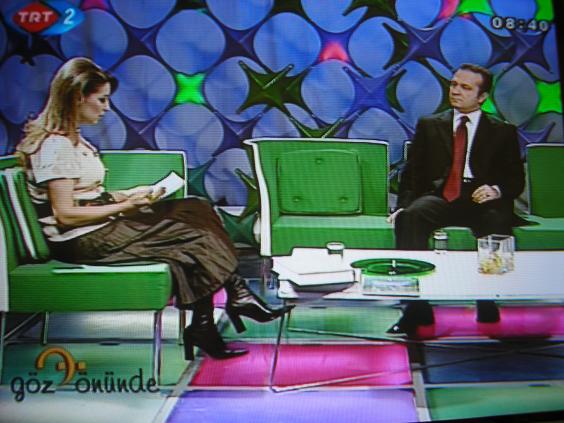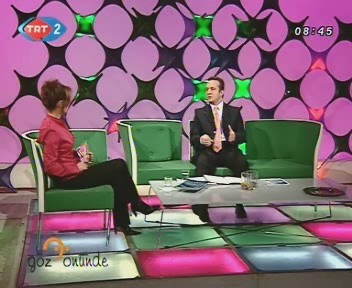-
About the Conference
-
Boards
Takvim 18. BEYKON/ICKEM Scientific Board Prof. Dr. Ali Rıza Abay Yalova University Prof. Dr. Ahmet Cevat Acar İstanbul S. Zaim University Prof. Dr. Hüseyin Ağır Ankara Hacı Bayram Veli University Prof. Dr. Ali Akdemir İstanbul Arel University Prof. Dr. Mesut Akdere Purdue University Prof. Dr. Barış Alpaslan Ankara Social Sciences University Prof. Dr. Kenan Aydın İstanbul Gelişim University Prof. Dr. Hamza Ateş İstanbul Medeniyet University Prof. Dr. Hayriye Atik Erciyes University Prof. Dr. Hülya Aşkın Balcı İstanbul University-Cerrahpaşa Prof. Dr. Yusuf Balcı İstanbul Ticaret University Prof. Dr. Yüksel Bayraktar Ankara University Prof. Dr. Susan Bruyere Cornell University Prof. Dr. Berch Berberoglu University of Nevada Prof. Dr. Mahmut Bilen Sakarya University Prof. Dr. Yüksel Birinci Turkish Higher Education Council Prof. Dr. Yılmaz Bingöl Ankara Yıldırım Beyazıt University Prof. Dr. Veysel Bozkurt İstanbul University Prof. Dr. Yusuf Dinç İstanbul S. Zaim University Prof. Dr. Muhammed A. Elhussein Zanzibar University Prof. Dr. Cemil Erarslan Yalova University Prof. Dr. Hüsnü Erkan Dokuz Eylül University Prof. Dr. Ekrem Erdem Erciyes University Prof. Dr. Seyfettin Erdoğan İstanbul Medeniyet University Prof. Dr. Nihat Erdoğmuş Yıldız Technical University Prof. Dr. Ercan Eren Yıldız Technical University Prof. Dr. Seniye Ümit Fırat İstanbul S. Zaim University Prof. Dr. Gary S. Fields Cornell University Prof. Dr. Ayfer Gedikli Düzce University Prof. Dr. İsmail H. Genç American University of Sharjah Prof. Dr. Bülent Güloğlu İstanbul Technical University Prof. Dr. Ahmet İncekara İstanbul University Prof. Dr. Erdal T. Karagöl Turkish Ministry of Education Prof. Dr. Harry Katz Cornell University Prof. Dr. Halit Keskin Yıldız Technical University Prof. Dr. Tamer Koçel İstanbul Kültür University Prof. Dr. Sarosh Kuruvillla Cornell University Prof. Dr. Vilmante Kumpikaite Kaunas Uni. of Technology Prof. Dr. Risa L. Lieberwitz Cornell University Prof. Dr. Sedat Murat İstanbul University Prof. Dr. William S. Neilson University of Tennessee Prof. Dr. Süleyman Özdemir İstanbul Esenyurt University Prof. Dr. Hakan Sarıbaş Zonguldak Bülent Ecevit University Prof. Dr. Richard A. Swanson University of Minnesota Prof. Dr. Mustafa Kemal Şan Sakarya University Prof. Dr. Kaspars Klavins University of Latvia Prof. Dr. Gabriel Talmain York University Prof. Dr. Aysıt Tansel Orta Doğu Technical University Prof. Dr. S. Gonca Telli Doğuş University Prof. Dr. Murat Ustaoğlu İstanbul University Prof. Dr. Ahmet Ulusoy Turkish Higher Education Council Prof. Dr. Turan Yay Yeditepe University Prof. Dr. D. Çağrı Yıldırım Tekirdağ Namık Kemal University Prof. Dr. Uğur Yozgat Nişantaşı University Assoc. Prof. Dr. Yüksel Okşak Uludağ University Assoc. Prof. Dr. Burhan Uluyol İstanbul S. Zaim University Assoc. Prof. Dr. Gülçin Kazan İstanbul S. Zaim University 18. BEYKON/ICKEM Executive Board Prof. Dr. İbrahim Güran Yumuşak İstanbul S. Zaim University Prof. Dr. Barış Alpaslan Ankara Social Sciences University Prof. Dr. Özgür Kökalan İstanbul S. Zaim University Dr. Rıfkı Buğra Bağcı İstanbul S. Zaim University Dr. Mahmut Demirkıran İstanbul S. Zaim University Dr. Tuğçenur Ekinci Furtana İstanbul S. Zaim University Dr. Ömer Gizlier İstanbul S. Zaim University Dr. Murat Işıker American International University – Kuwait Dr. Eren Yıldırım İstanbul S. Zaim University Dr. Salama Yussuf Zanzibar University Dr. Ensari Yücel İstanbul S. Zaim University Nufaila Ali Nassor Zanzibar University Sultan Said Omar Zanzibar University Intisaar Omar Said Zanzibar University Res. Assist. Zehra Killik İstanbul S. Zaim University Res. Assist. M. Bengü Demirkıran İstanbul S. Zaim University Res. Assist. Ahmet Fatih Taşçı İstanbul S. Zaim University -
Conference Topics
Bildiri ile Katılım The Knowledge Economy
- Knowledge Economics and Knowledge-Based Economies
- Human Capital & Economic Growth
- Information and Communication Technologies
- R&D and Innovation
- Economics of Technology and Innovation
- Digital Economy and Monetary-Fiscal Policies
- Global Economic Crises & the Knowledge Economy
Knowledge Management & E-Business
- Knowledge Management and Its Applications
- Information and Document Management
- Data Mining and Content Management
- E-Human Resources Management
- E-Business and Its Applications
- E-Finance and Banking
The Knowledge Society
- Knowledge, Power and Government
- The Value and Sharing of Knowledge
- Knowledge Society and Public Administration
- Working in the Knowledge Society
- Energy and Security in the Knowledge Society
- Media and Communication in Knowledge Society
- Social Media and Social Impacts
- Artificial Intelligence
E-Goverment/Trade
- E-Government and Applications
- E-Governance and Knowledge Cities
- E-Municipality and Information Systems
- E-Learning and Distance Education
- E-Commerce and Applications
- Electronic Crimes and Punishments
- Cryptocurrencies
Others Topics
- Economic relations between Türkiye and Tanzania
- Higher Education and Universities
- Institutionalization and History of Knowledge
- Sources of Knowledge and Philosophy of Knowledge
- E-Learning and Distance Education
- Globalization and Critical Approaches
Other Relevant Issues
If you feel your contribution does not fit into any of the above category, you are welcome to make your submission in the last listed category
Conference Language: English, Turkish, Arabic
Full text and/or presentation languages are possible in English, Turkish and Arabic, provided that the abstract is in English.
-
Secretary General
Untitled Document Secretary General
Prof. Dr. İbrahim Güran YUMUŞAKVice General Secretary
Assist. Prof. Ozgur KOKALANAssistans
Murat ISIKER & M. Fuat KINAAdres: İstanbul S. Zaim Üniversitesi İşletme ve Yönetim Bilimleri Fakültesi Halkalı
K. Çekmece / İstanbul TürkiyeTel: +9 (0212) 692 96 73 / 692 97 03 / 692 97 75 Fax: +9 (0212) 693 82 29
E-posta: gsekreter@beykon.org, ibrahim.yumusak@izu.edu.tr -
OFFICIAL AIRLINE
-
Previous Conference
-
Bylaw
B�LG� RULES OF INTERNATIONAL CONFERENCE ON KNOWLEDGE, ECONOMY, AND MANAGEMENT
Name of the Conference:
The name of the Conference is the INTERNATIONAL CONFERENCE ON KNOWLEDGE, ECONOMY, AND MANAGEMENT.
Purpose of the Conference:
To bring the researchers, experts, scientists, and practitioners working in the fields of Knowledge, Economy, and Management together; to provide an environment conducive to sharing, discussing, and spreading new information and opinions; and to ensure that scientific results are transferred to relevant organizations and institutions and are made available to the public.
Logo of the Conference:
The logo of the Conference is the letters WWW in front of the Earth rotating on its axis. This logo may be used in different compositions for each Conference; it may not, however, be changed.
Date and Period of the Conference:
The standard dates of the Conference fall around September � October. The Conference is held at least every two years but no more than once a year.. The Board of Directors may change the dates and period of the Conference if it deems it necessary.
Committees of the Conference:
The Conference has four main bodies: the Science Board, the Executive Board, the Board of Directors, and the General Secretariat. An Advisory Committee and/or Honorary Committee may be formed if so required by the Board of Directors. Duties and powers of existing bodies may not be transferred to bodies that formed at a later time.
Scientific Board: Consists of academicians and practitioners with advanced degrees who have conducted academic studies and who contribute (or who may contribute) to the improvement of the Conference. Scientific Board members are appointed by the Board of Directors following recommendations by the Executive Committee; the Scientific Board consists of a new panel of members every Conference. Members of the Board are automatic members of the Science Board. The standard dates of the Conference fall around September � October. The Conference is held at least every two years but no more than once a year.. The Board of Directors may change the dates and period of the Conference if it deems it necessary.
Duties and powers:
-To propose key issues to be presented at the Conference
-To assess declaration proposals according to the procedure set out by the Executive Committee
-To assess the declaration texts
-To supervise the sessions in concordance with the instructions from the Board of Directors
-To carry out activities that will promote the Conference and increase the participation of academicians
-To make scientific suggestions to the bodies of the Conference
The standard dates of the Conference fall around September � October. The Conference is held at least every two years but no more than once a year.. The Board of Directors may change the dates and period of the Conference if it deems it necessary.
Board of Directors:
Composed of academicians who have contributed to the formation and improvement of the Conference. Dean of the University in charge of the Conference are automatic members of the Board.
Members of Board of Directors:
Prof. Dr. Ali Akdemir
Prof. Dr. Veysel Bozkurt
Prof. Dr. Nihat Erdoğmuş
Prof. Dr. Hüsnü Erkan
Prof. Dr. Ömer Torlak
Prof. Dr. İbrahim Güran Yumuşak
Doç. Dr. Özgür Kökalan
Gatherings of the members of the Board are initiated upon the call and agenda of the General Secretary. A Chairman is elected at each meeting and the agenda is discussed. Absolute majority of the attendees is needed for a resolution. In cases split decisions, the resolution that Chairman votes on on behalf of the Board is considered valid. Persons who are not able to attend a meeting due with a valid excuse may assign other members of the Board as proxies. If it is not possible to gather in a physical location, member opinions may be taken via e-mail.
Board membership expires upon resignation or upon the failure to fulfill any of the obligations for any reason. No replacement is made for the members whose membership is expired upon resignation or upon the Board's decision. The Board of Directors may elect a new member with the written proposal by 1/3 of the total number of Board members and with the consent of 2/3 of the members.
Duties and powers:
-To decide which faculty will organize and hold the Conference
-To determine the date of the Conference as well as its schedule, which must be in accordance with the proposals of the Executive Committee
-To make the final decision on the main issues and the main theme of the Conference following the proposal by the Science Board and the subsequent assessment by the Executive Committee
-To determine the main criteria to be applied to the assessment of declarations and declaration scripts
-To designate the members of the Science Board
-To approve the draft budget to be proposed by the Board of Directors
-To finalize any proposal of the Science Board and Executive Committee
-To appoint the Secretary General pursuant to the proposal of the Science Board
-To contribute to the activities that support the Conference and related works such as establishing research centers and publishing magazines
-To cooperate with organizations and institutions operating in similar fields
-To determine the rules and regulations related to the works of the bodies
-To make decisions on the cancellation of Board membership
-To form, whenever necessary, an Inspection Board consisting of three Board members and to determine the term and powers of this Board.
Executive Board: Carries out activities necessary for the proper organization of the Conference in light of the assessments of the Science Board and the decisions of the Board of Directors. It is composed of academicians appointed by the Dean of the faculty in charge of the Conference. The Chairman of the Executive Board is the faculty's dean. The Chairman holds the title of Head of the Executive Board. The number of members and meeting rules we well as other principles are determined by the Chairman. The Secretary General also attends meetings whenever necessary.
Duties and powers:
-To propose and draft the Conference schedule and submit it to the Secretary General, who will then submit it to the Board of Directors
-To ensure that the Conference is held in a venue with adequate accommodation facilities, a conference room, and other necessary amenities in order to ensure the highest participation possible
-To establish a website containing all the information necessary for the Conference
-To submit the banner containing the logo, date, scope, purpose, main issues, and the names of the members of the Science Board, the Board of Directors, and the Executive Committee as well as the names of other members of related faculties
-To submit the declaration proposals and full texts to the members of the Science Board and to announce the accepted declarations
-To distribute hardcopies of the declaration booklets at the Conference and to submit them to the administration and libraries of all universities
-To allocate at least five percent of the Conference budget for the activities of General Secretariat
-To determine the sessions and session chairmanships
-To provide the members of the Science Board and Executive Committee as well as the Secretary General and session chairmen with accommodation facilities
-To take Conference-related initiatives pursuant to the principles set out by the Board of Directors
-To notify the Secretary General about all proposals regarding activities
Honorary Committee: Composed of representatives of the persons or organizations who support the Conference. Members of this Committee are elected for each Conference. It has no duties or powers over Management and Execution issues (added to the Rules with the Board's resolution number 3 dated November 4, 2006).
General Secretariat: This is the body that ensures the coordination, communication, and inspection of the Boards and Committees pursuant to the resolutions of the Board of Directors. It is managed by the Secretary General. The Secretary General is elected from among the academicians who have contributed to the Conference and is decided by the Board of Directors by a majority vote. His or her term of office is 5 years. Working principles and secretariat are determined by the Secretary General. The Secretary General may assign a maximum of two deputies if he or she finds it necessary to do so.
Duties and powers:
-To facilitate communication and coordination between the Science Board, the Board of Directors, and the Executive Board
-To call the Board of Directors to meeting in accordance with proposals from the members of the Science Board, the Board of Directors, and the Executive Board
-To determine the agenda of the Board of Directors and to record any resolutions
-To inform all persons in charge of the Board�s resolutions
-To follow up and ensure the implementation of the resolutions made by the Board of Directors
-To attend to the Executive Board if necessary
-To announce resolutions at the closing session of the Conference
-To use the budget of the General Secretariat in compliance with his or her duties and powers
-To create the archive and establish the website of the Conference and to transfer information to an electronic platform
-To take any measures needed for the improvement of the Conference and to improve collaboration
-To create protocols that are in compliance with Conference rules within the organizations in order to ensure the proper and regular organization of Conference
-To represent the Conference before any organization
-To apply to relevant organizations to generate funding for the Conference and to ensure that these funds are spent appropriately and solely for the purposes of Conference
-To submit an Assessment Report about the Conference to the Board of Directors and to other relevant organizations
Selection of the Faculty Whose Duty is to Organize the Conference:
The faculty who wish to organize the Conference should pre-apply to the General Secretariat. They should be sure to submit their recommendations on schedule and to draft the budget and other relevant issues, in writing, to the Board of Directors at the beginning of the Conference. The Board of Directors selects which faculty shall be appointed to organize the Conference by considering whether its own financial and academic infrastructure is sufficient and then by considering the nominated faculty�s participation and contributions to previous Conferences. The final decision shall be made by majority vote and announced at the closing session. If the faculty designated to organize the Conference fails to fulfill its obligations, the Board of Directors, upon the proposal of the Secretary General, may appoint another faculty that had also made an application to organize the Conference.
Change of Rules:
Conference rules may be changed with the written proposal of 1/3 of the members of the Board followed by a unanimous vote.
Issues Not Covered the Conference Rules:
The Board of Directors is authorized to make decisions on issues not covered by Conference Rules.
Effective Date and Authority:
These Rules of Conference shall be executed by the General Secretariat as of September 15, 2005.
Some important resolutions of the Board of Directors and the General Secretariat:
1- Appointment of the Secretary General:
Dr. �brahim G�ran Yumu�ak was appointed as Secretary General at the Board Meeting dated September 15, 2005 following the proposal of the members of the Science Board and upon the approval of the Board of Directors.
2- Non-Submitted Papers:
Papers that have not been submitted by their authors without any valid excuse and that have been sent to the subsequent Conference are automatically rejected without being assessed, and the institution of these persons shall be notified of the situation (Board Resolution number 4 dated September 15, 2005).
3- Honorary Committee:
The Honorary Committee has been added to the bodies of the Conference following Board resolution number 3 dated November 4, 2006.
4- The Journal of Knowledge, Economy, and Management:
It has been agreed by Board resolution number 2 dated November 4, 2006 that preliminary works will be made to publish an academic journal that will be indexed by scientific datebases.
5- Cooperation with Cornell University:
It's been agreed by Board resolution number 5 dated November 4, 2006 that an engagement letter will be signed with Dr. Risa Lieberwitz, the representative of Cornell University, so that the sixth Conference will be held at an international level.
6- Vice Secretary General:
Dr. Tuncay G�lo�lu has been appointed Vice Secretary General of the Conference as of December 12, 2006.
7- Vice Secretary General:
Dr. Ozgur Kokalan and Dr. Murat Isiker has been appointed Vice Secretaries General of the Conference as of January December 10, 2020. -
Tentative Program
PROGRAM SCHEDULE
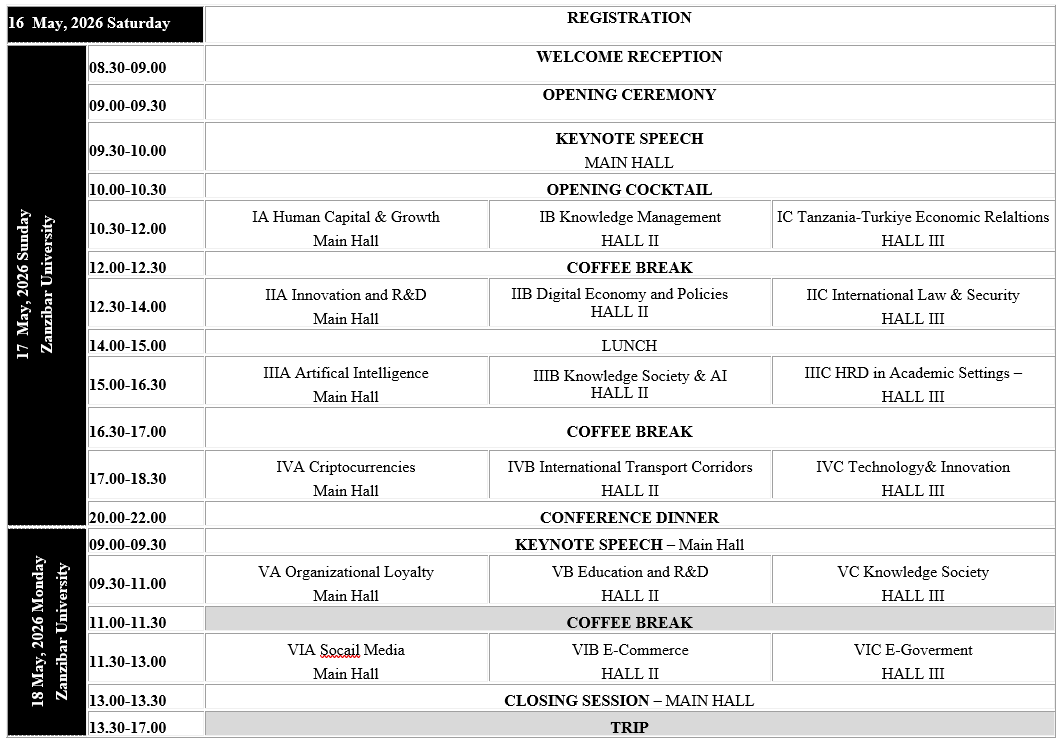
-
Final Program
-
Workshop
Untitled Page -
WRITING GUIDELINES
Takvim WRITING GUIDELINES
TYPES of SUBMISSIONS:
Submissions should be made to one or more of the following categories and all submissions will be subjected to blind peer review process:
Refereed Papers (full papers): Should be submitted as a full publishable manuscript with empirical findings, or conceptual/qualitative research articles. After acceptance, the full refereed papers should be formatted properly with no more than 4,000 words. All accepted papers will be published in the refereed conference Proceedings.
Work-in-Progress Papers (Extended Abstract): Please submit an extended summary of your proposal/paper in no more than 1,000 words. These papers will be scheduled for presentation, and the abstracts will be included in the conference program. Work-in-progress (WIP) papers could be proposed conceptual framework based on extensive literature reviews, or research in progress papers with partial results.
Virtual or Poster Paper: We understand that some presenters will be unable to make the trip to Malta to present their paper, mainly due to financial and/or political restrictions on travel. ICKEM 2014 has therefore instituted a virtual or poster papers to allow the authors of accepted proposals the same publication opportunities as regular presenters.
Panel Organizer(s): Panels should have at least five participants (including the chair). Panel organizers are responsible for the arrangement of all the presenters under their proposed topics, and should ensure that all are firmly committed. If your proposal is accepted you will be invited to register for the conference.
Abstract Submission
Please send your abstracts via Online Abstract Submission System, until September 1, 2022.
Abstracts include the aim of the paper, methodology and finding. A begin with an abstract of 300 words or less. The abstract should be single-spaced. Type size should be 12 point. Every article should include two keywords minimum.Extended Abstract or Full Text Submission
If you have not submit the abstract to the conference you can submit with extended abstracts (1.000 words) or full text papers. Submission deadline is October 20, 2022. for this. Extended abstracts or full text papers must sent to kongre@beykon.org as a word document.
Style guide for Full Text Submission
-
- A. The base font should be set to Times New Roman in a 12-point size. The title should be printed in capital and bold letters, and should be centered. The author(s) and affiliation(s) should be flush right, single-spaced, and typed beginning on the second line below the title Use 12- point type. The titles such as “Dr.” or “Professor.”, the institution’s name and country, and the e –mail address will be written respectively in the footnote. Additional authors and affiliations should be stacked under the first with no space between.
- B. All papers begin with an abstract of 300 words or less. The abstract should be single-spaced. Type size should be 10 point. Every article should include two keywords minimum.
- C. Type size of the tables, footnotes should be 10 points. The letters and the graphics and the tables should be non-colored.
- D. You must use Microsoft Word 6.0 or higher (PC version) and the text should be full justified. Margins of the A 4 paper should be set at 1.25 cm top and bottom, and 2.5 cm right and left.
- E. Single space the body of the paper and between paragraphs.
- F. Citations in the text should list the author’s last name, comma, and publication date, and the page number, all enclosed by parentheses, i.e., (Yumusak - Erarslan, 2005: 520).
- G. The first letters of the headings should be in capital letters and the headings should be in boldface. They should be numbered as 1, 1.1., 1.2.1., and so on.
- H. Tables and graphics should appear within the body of the paper and should be numbered consecutively. The figure or table number and description should appear left-justified in boldface 10-point type at the top. The resource of the table and figure should appear at the bottom in boldface 10-point type.
- I. Appendices, if used, original documents, maps, pictures etc… should be numbered and follow the references. The word “Appendix” should be at the top of each appendix as a first-level heading. If there is more than one appendix, number each consecutively.
- J. The references should be written following the text in alphabetical order. Howitt, Peter (1998) “On Some Problems in Measuring Knowledge-Based Growth,” The Knowledge Economy, Ed. Dale Neef, Butterworth-Heinemann, MA Yumusak, İbrahim Güran-Cemil Erarslan (2005) “Yeni Ekonominin Maliye Politikalari Üzerindeki Etkileri ve Gelismekte Olan Ülkeler Örneği,”IV. Bilgi, Ekonomi ve Yönetim Kongresi, Sakarya Üni. İ.İ.B.F. Yayini, Sakarya.
- K. Number all pages in the lower center and use 10-point type.
- L. Full papers have to be between 10 and 25 pages.
Proceedings:
The Refereed Conference Proceedings reviewed in Electronic USB Format and Proceedings Book with ISBN. The Refereed Conference Proceedings Book and USB will be included in each Conference Registrant's Packet.
Special Journal Issue:
The conference has teamed up with the International Journal of Knowledge Economy and Knowledge Management (The JKEM) for publishing a Special Journal Issue on Knowledge Economy and Knowledge Management indexed by EBSCO, ASOS Academia. All submitted papers will have opportunities for consideration for this Special Journal Issue. The selection will be carried out during the review process, as well as at the conference presentation stage. Submitted papers must not be under consideration by any other journal or publication. The final decision will be made based on peer review reports by the guest editors and the Editor-in-Chief, jointly.
Conference Language:
English and Turkish
CONFERENCE TOPICS:
The Knowledge Economy
-
- Knowledge Economics and Knowledge-Based Economies
- Human Capital & Economic Growth
- Information and Communication Technologies
- R&D and Innovation
- Economics of Technology and Innovation
- Digital Economy and Monetary-Fiscal Policies
- Global Economic Crises & the Knowledge Economy
Knowledge Management & E-Business
-
- Knowledge Management and Its Applications
- Information and Document Management
- Data Mining and Content Management
- E- Human Resources Management
- E-Business and Its Applications
- E-Finance and Banking
Knowledge Society
-
- Knowledge, Power and Government
- The Value and Sharing of Knowledge
- Knowledge Society and Public Administration
- Working in the Knowledge Society
- Energy and Security in the Knowledge Society
- Media and Communication in Knowledge Society
- Social Media and Social Impacts
E-Government / Trade
-
- E-Government and Applications
- E-Governance and Knowledge Cities
- E-Municipality and Information Systems
- E-Learning and Distance Education
- E-Commerce and Applications
- Electronic Crimes and Punishments
Other Topics
-
- Higher Education and Universities
- Institutionalization and History of Knowledge
- Sources of Knowledge and Philosophy of Knowledge
- E-Learning and Distance Education
- Globalization and Critical Approaches
Other Relevant Issues
If you feel your contribution does not fit into any of the above category, you are welcome to make your submission in the last listed category
-
-
Supporting Institutions
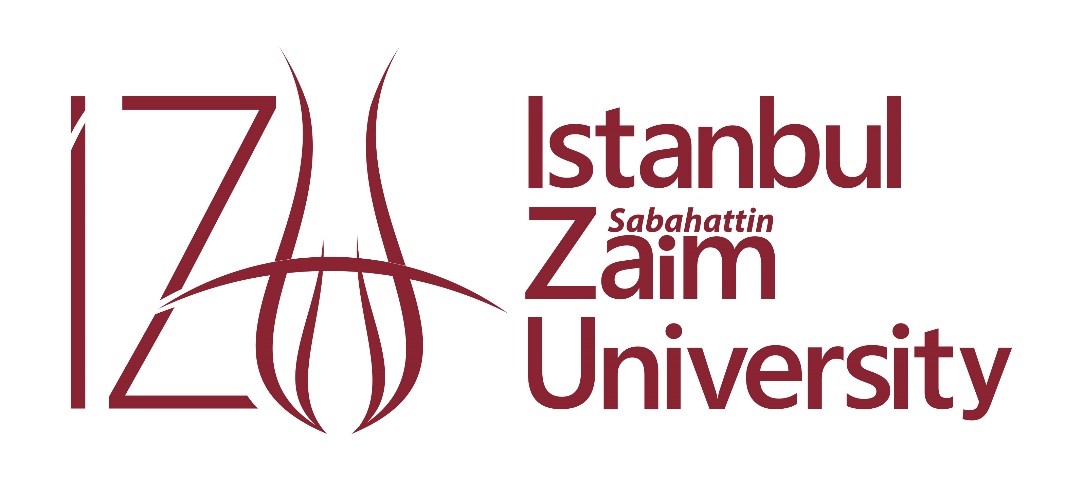
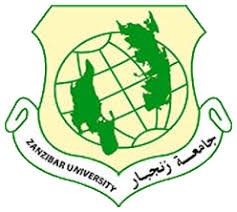
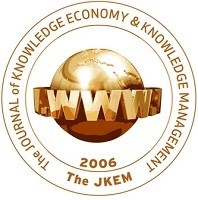
-
Submissions
-
International Joint Conference
-
Proceedings
-
Registration Terms
Untitled Document Registration Fees
Each paper requires a registration. In case the same author presents more than one abstract, for each additional abstract a different co-author must be registered to the Conferences, or Second and further abstracts by the same author will be charged as fifty percent of the preferred registration fees for each additional abstract.Registration Type
EURO
Presenter
150 USD
Student
125 USD
Virtual Paper
100 USD
Listener
100 USD
The registration fees include;
- Participation to all scientific sessions,
- Admission to the scientific and commercial exhibition,
- Coffee breaks and lunches indicated in the program,
- Opening ceremony and conference dinner,
- All conference documents (congress bag, name badge, certificate of attendance, proceedings),
GENERAL INFORMATION
- Payments can be made by bank transfer. The details will be sent to applicants in a pre-confirmation letter upon receipt of registration request. Any money transfer deduction caused by your bank will be charged upon arrival
IMPORTANT DATES:
Submission: April 1, 2026 Registration: April 15, 2026 Program announcement: April 20, 2026 Fulltext or Ext.Abstract Sub: May 1, 2026 CONFERENCE VENUE:
Conference venue is Zanzibar University, Tunguu, Tanzania
ACCOMMODATION:
Participants must make their own accommodation reservations. These can be hotel Golden Tulip Zanzibar Airport.
CONTACT:
Telephone : +90 212 692 8935 / 9673 / 8872
Mobile: +99 899 981 43 07/+99 897 480 5777
E-mail: kongre@beykon.org beykon@gmail.com
Web: beykon.org
Social media @beykon
@beykon
-
Accepted Papers
Untitled Document It will be announced when the referee evaluations are concluded.
-
How to Find Us
